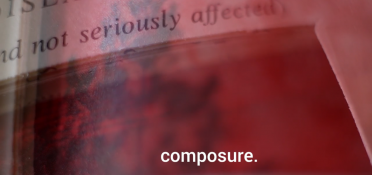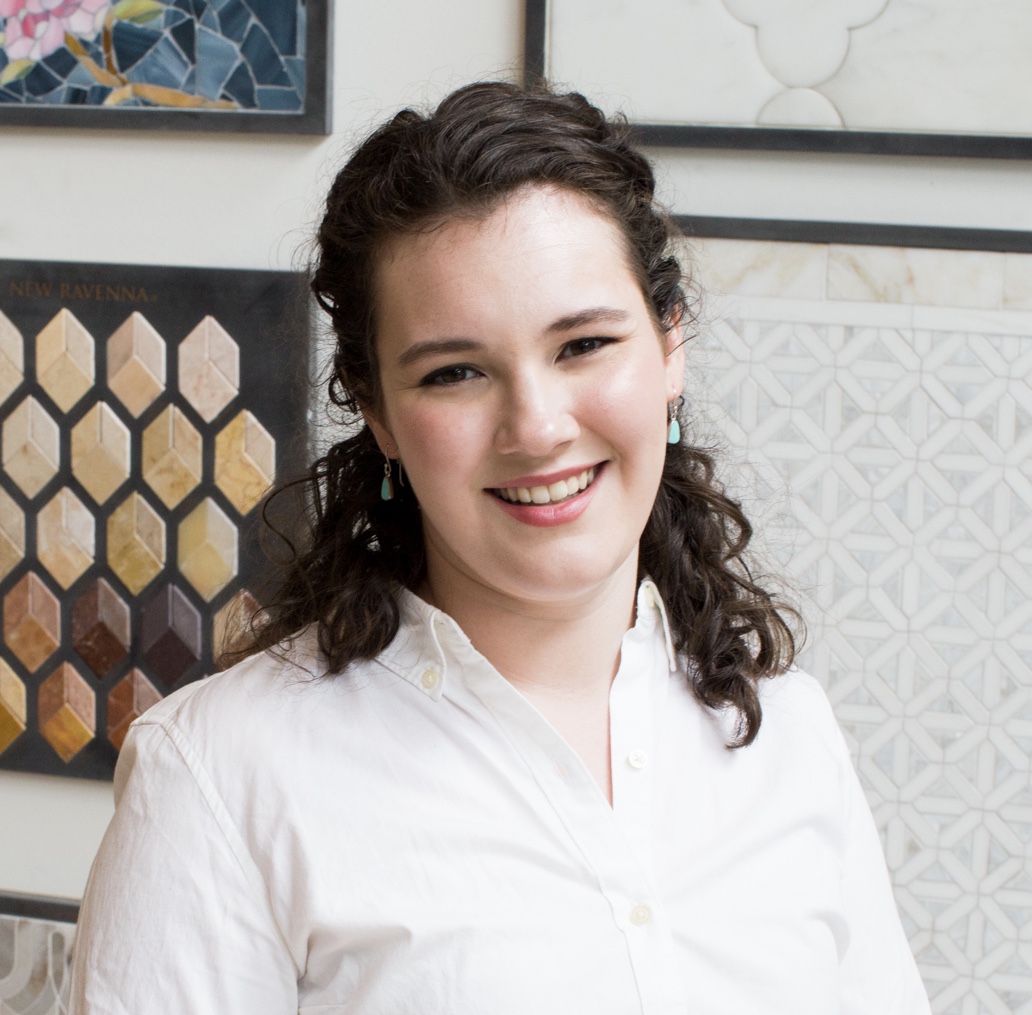They say Aunt Jane had birds in her head. Each time she had a thought she didn’t speak out loud, it turned into a bird. When she had a lot of thoughts, the birds would build up and chirp and twitter and peck at the sides of her skull to be let out. They gave her terrible headaches.
Elsewhere, little girls sat next to their mothers to watch them put on makeup, but in Aunt Jane’s neighborhood the girls gathered to watch her pull the birds from the pores in her scalp, easing them out like splinters from a swollen toe. Aunt Jane, who never had children of her own, welcomed them. She’d turn up the bright lights of her vanity like it was a stage, making the whole thing a magic show. Only it wasn’t a trick: she’d brush her long brown hair and spot a little corner of orange beak or tuft of blue or red feather and pinch and pick at it until the spot was big enough to grip with tweezers. Then she’d pull hard. The bright birds were easiest to find—she once had a pale brown sparrow stuck in her head for weeks.
The birds narrowed their bodies like little missiles, sliding out in one fluid motion. They’d lie on the floor or the bathroom counter, catching their breath, their little chests puffing up and down. Then they’d fly through the open window, which Uncle Jessie said made the house drafty in winter and wasted air conditioning in summer. He wanted to catch the birds and keep them in cages, maybe even sell the expensive ones, like the parrots. But Aunt Jane said no. They had to be free.
When the birds first started coming, back when Aunt Jane was a teenager, she tried to find some help. The ornithologist at the aviary downtown told her he didn’t know anything about heads and recommended she see a shrink, though he did give her a picture book of rare birds to bring to him if they popped out. The shrink didn’t believe her at first, until she plucked out a whole bald eagle in the middle of his office. After cleaning up the loose feathers (and putting one in his suit pocket like a boutonniere), he had her lie down, talk about her feelings, and describe her dreams. But finally he admitted that he didn’t know anything about birds, so he prescribed a few anti-anxiety pills for hysteria, which sat in the cabinet untouched. They’re still sitting there, the bright white labels yellowing until they blend in with the orange plastic bottles.
The biggest trouble with the birds, besides the pain and inconvenience, was that she had to just blurt out everything she was thinking, because if she didn’t, all those birds would build up and she’d have a whole Sunday church hat coming out of her head. When she tried to throw her husband a surprise party, her head birthed a whole adult peacock, its brightly colored plumage cascading downward from her neck like confetti. When she tried to be polite and compliment the pastor’s wife’s dry chicken at a dinner party, a parrot burst from her hair, squawking about marinades and cook times and basting. She was never invited to another dinner party. For all the virtue of truth-telling that people spouted, they sure didn’t like to hear it. When she pined after other men—the grocery store manager, the postman, the Channel 7 news anchor—several lusty robins popped out, thrusting their red chests at her husband. She didn’t really want to cheat, she told him, just wanted the company. Just wanted the warmth.
And so Aunt Jane became known as a very forward woman. Even now, if the little girls in the family get too brash, grandmother says, “Don’t you be talking like Janey, now,” and they pipe down and sit quiet like ladies.
Aunt Jane had no choice but to say everything that crossed her mind, only it was harder than she thought. How was she to know which thoughts were significant enough to create a bird? Even when she was being candid, she’d still feel the prickling every few minutes and there’d be a little chickadee or sometimes a great, fat pigeon. Did she have to tell people when she had to go to the bathroom? When she had an itch? When she looked up at the sky and thought idly, “it’s so blue today,” should she expect a blue jay to pop out? To be safe, she said everything. Literally everything. They say you could hear her coming a mile off, her muttering getting louder and louder like there was a train approaching.
But nobody wants to be with a woman like that, one who can’t stop herself from commenting on the women’s cooking or the men’s asses or God forbid some political thing in the newspaper. Uncle Jessie left. The neighborhood girls stopped coming by. Aunt Jane got lonely. Eventually she stopped talking entirely, resigning herself to a position in front of the open window, pulling the birds out and setting them free, a constant cycle of thinking and discarding.
Nobody knows how she died. All the other parts of her story have been repeated from neighbor to neighbor over garden fences or coffee tables. Every secret she ever told is catalogued like names in the front of the family Bible. How can this one part be a mystery?
Maybe that was her revenge, her one secret. Maybe, when she spent those last months alone, she stopped pulling the birds out. Maybe she let them build up, let them twitter and flit and peck at the inside of her skull until finally they all burst out like an explosion, taking the last of her thoughts with them. Maybe they still sit in clusters on power lines and in Spanish-moss-nested live oaks, discussing Aunt Jane’s pecan pie, the postman’s shapely calves, how she just wanted someone to listen.



